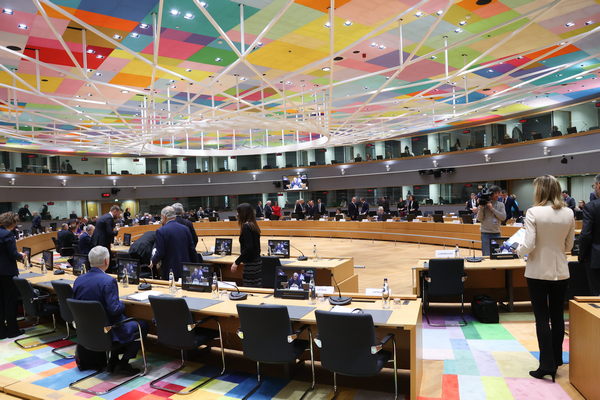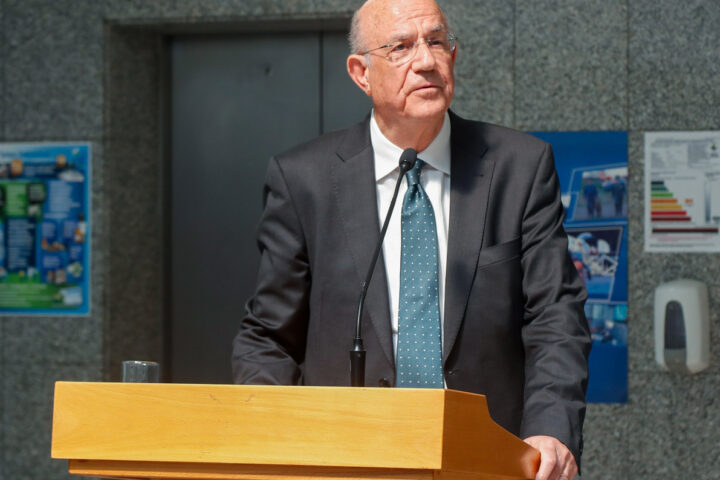Foreign Minister Ioannis Kasoulides briefed his EU counterparts on the assistance that Cyprus is providing Ukraine, with Poland, to help the war-torn country purchase electricity generators.
At Monday’s EU Foreign Affairs Council (FAC) in Brussels, the main topics of discussion were the latest developments regarding Russia’s invasion of Ukraine, the security situation, and the increase of terrorist activity in the Sahel and the coastal states of West Africa.
During the discussion on Ukraine, Kasoulides informed his counterparts about the Cypriot contribution to initiatives supporting Ukraine’s resilience against Moscow’s bombardment.
These include the provision, together with Poland, of €300,000 in assistance in purchasing electricity generators.
He also referred to the need for the EU to play an active role in efforts to end the war.
Russia has conducted a relentless air campaign since mid-October, targeting Ukraine’s critical infrastructure with missiles and drones, leaving millions without electricity, heating, and water.
Analysts suggest Russia would not be able to sustain the level of the attacks because of dwindling missile reserves and the inability of Russian industry to replenish them.
The Foreign Minister also welcomed the renewal of the UN’s Black Sea Grain Initiative and expressed his disappointment that Cyprus cannot participate due to Turkey’s ban on Cypriot ships.
Kasoulides also referred to the need for the effective implementation of sanctions and stressed that sanctions circumvention by some countries hinders the overall efforts to affect Russia’s ability to continue its war against Ukraine.
He also expressed concern about the deteriorating situation in the Sahel region and said it is important for the EU to maintain its presence there.
Kasoulides also expressed satisfaction with establishing a non-military mission in Armenia to support efforts to normalise relations with Azerbaijan.
He made specific reference to the ongoing blockade of the Lachin corridor, underlining the importance of the EU’s presence to mitigate the humanitarian consequences of this blockade.










